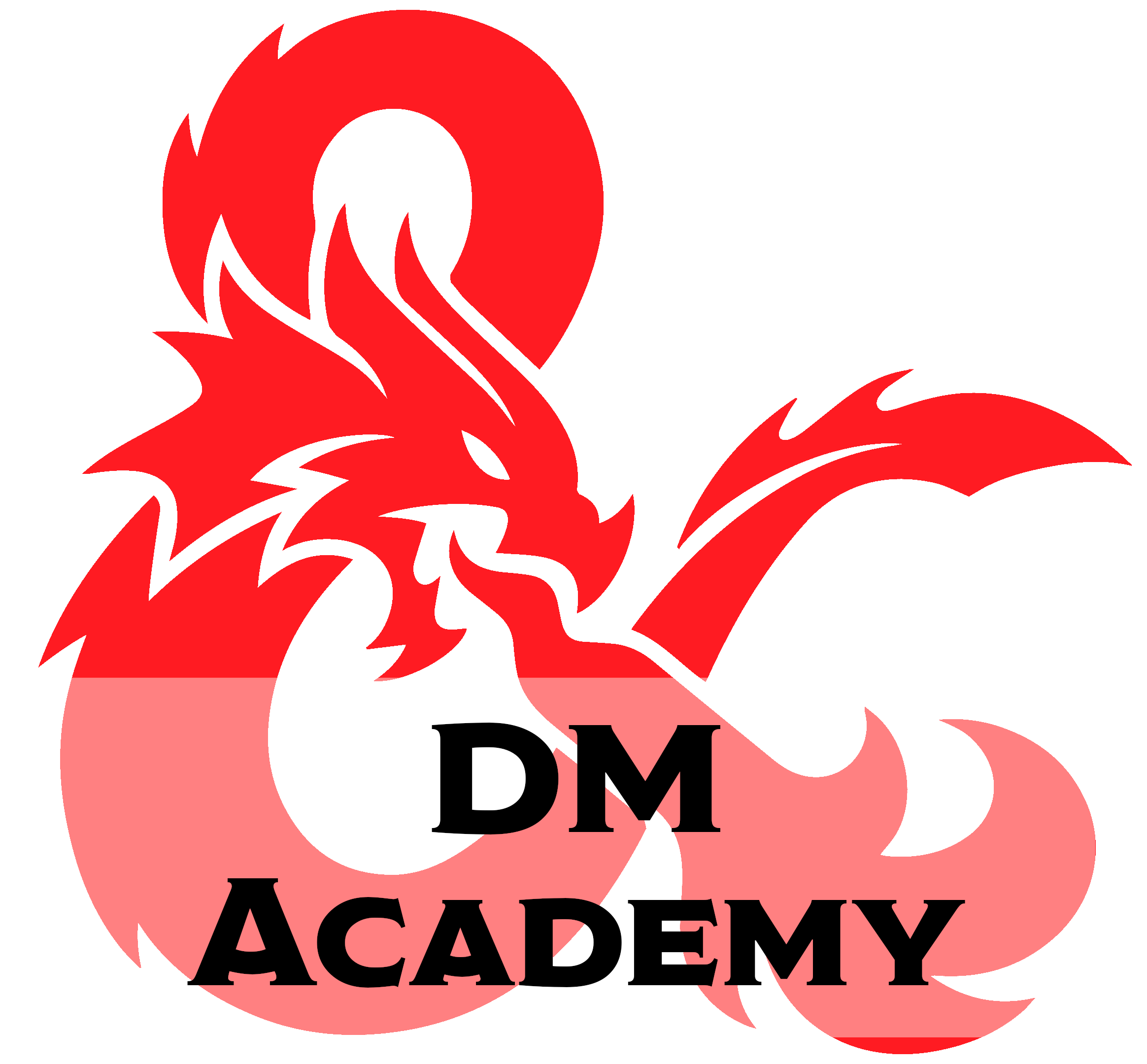We all know combat can sometimes be a bit of a slog when done poorly. I’m trying to get better and introduce more tactical nuance (interesting terrain, varied enemies, etc.) but things still tend to devolve into roll, hit, roll, miss, roll, hit, you win!
I know there are a few blog posts around that encourage alternative win conditions (no fights to the death, grab the MacGuffin, etc.) but a lot of that still feels handwavy to me (“Just be creative! It’s easy!”) and more or less still “feels” like the same old combat.
As an example of what I’m thinking, I’ve been playing Warhammer Vermintide. 95% of the game is just mindless fighting. But every so often, they throw in a simple puzzle to keep you on your toes. Everyone has to stand ground on a specific spot while something powers up. We have to find and break open all the eggs in the area. Bring the explosives to the target site without accidentally exploding. Protect one player while they fire the cannon/push the cart/read the map. All while an endless horde chases you. It’s minimal, but is just enough of a shift in priorities that it “feels” exciting.
I’m not sure how well any of these would really translate over into D&D anyway, but perhaps some of you experienced folks have some tried and true examples? It would be especially handy to have a resource to quickly spice up an encounter on the fly using some kind of flowchart or tables. Is there anything like that? I’m hoping for enough variety that every fight can feel a little different beyond just different enemies.


DM Lair as always has a variety of great tips that always seemed to me like they worked well.
A random listing of stuff I’ve done that seemed like it worked well:
Basically the place I would start is, what is the secondary goal besides “win the combat” that the players are trying to accomplish? E.g. in the above list it would be “rescue the other player who got dragged in the water”, “get somewhere else before we get killed by all these arrows”, “judge how close this guy is to dying so we can start using non-lethal strikes at that point to keep him alive”, “plan out the all-out attack at the end, then judge the right moment to execute it.” Generally that’ll make for a lot more dynamic combat and let the players feel like they gave some needed decision-making input to the process aside from just “lore and motivation, hit hit hit heal hit hit, done”.